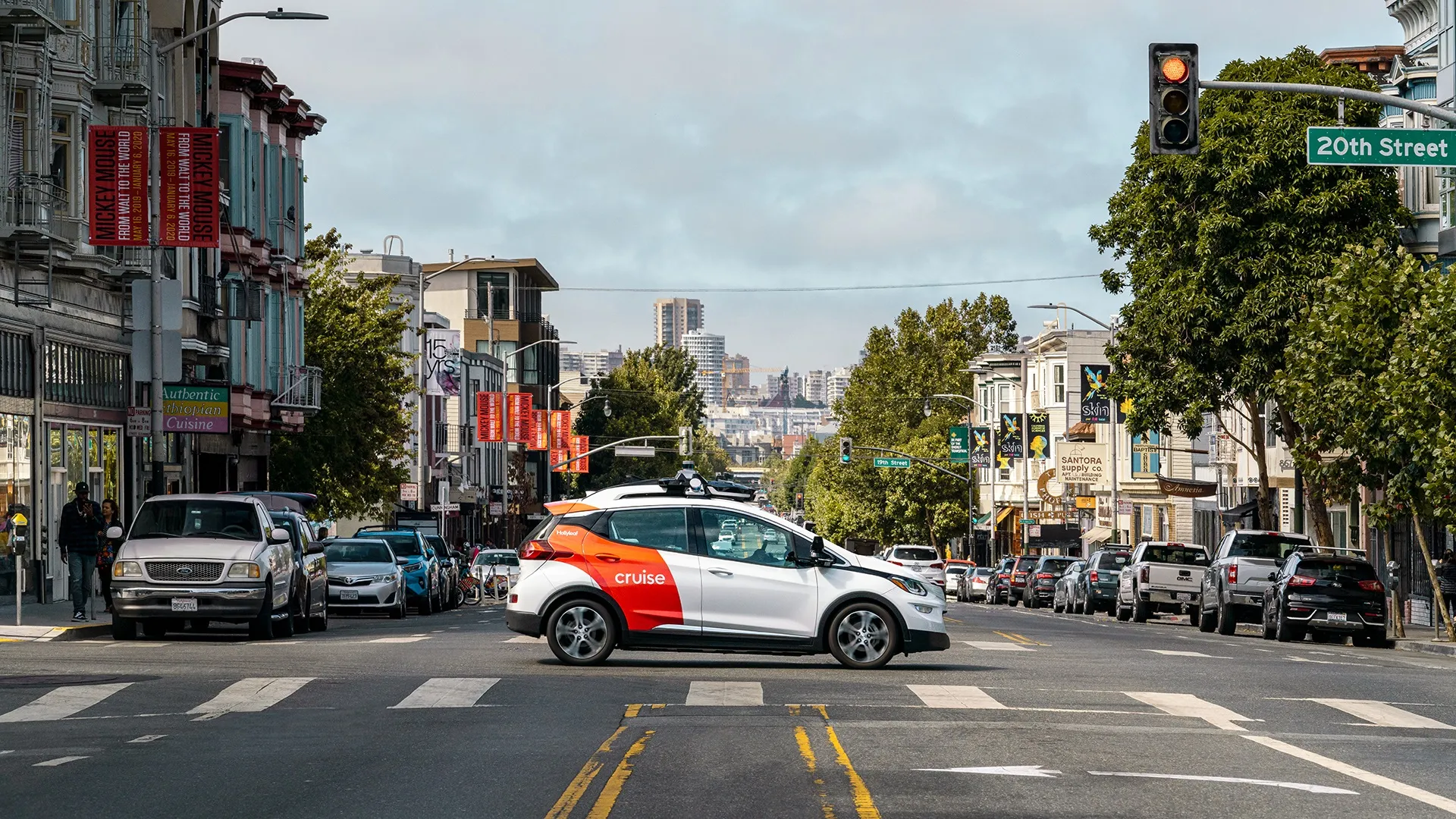Members of the public are invited to trial a fleet of driverless pods operating on a 3.4km route around Greenwich Peninsula as part of the £100m ($139m) Gateway project’s final phase. The pilot aims to understand the public acceptance of, and attitudes towards, driverless vehicles.
The four pods will use advanced sensors and autonomy software to detect and avoid obstacles while carrying passengers. The vehicles, developed by Westfield Sportscars and Heathrow Enterprises, have no steering wheels or typical controls.
Fusion Processing’s automation system provides control and its Cavstar software combines GPS with radar and lidar to help the pods safely negotiate objects in their path. The technology is also said to enable the vehicles to operate in adverse weather conditions and in the dark.
A safety steward will remain on-board throughout the test to comply with the UK’s code of practice on autonomous vehicle testing.
Richard Cuerden, academy director, TRL, said: “As we explore the future of mobility solutions, it is essential that we consider the experience and benefits delivered to the consumer. This is why understanding and exploring the public perception of automated services has always been at the heart of the Gateway Project.
Public invited to take part in Greenwich driverless pod trial
Members of the public are invited to trial a fleet of driverless pods operating on a 3.4km route around Greenwich Peninsula as part of the £100m ($139m) Gateway project’s final phase. The pilot aims to understand the public acceptance of, and attitudes towards, driverless vehicles. The four pods will use advanced sensors and autonomy software to detect and avoid obstacles while carrying passengers. The vehicles, developed by Westfield Sportscars and Heathrow Enterprises, have no steering wheels or typical
March 9, 2018
Read time: 2 mins








